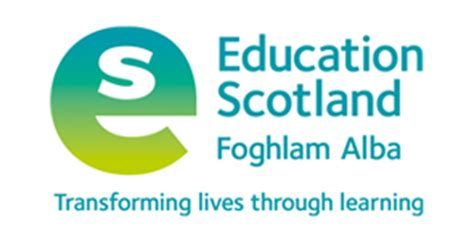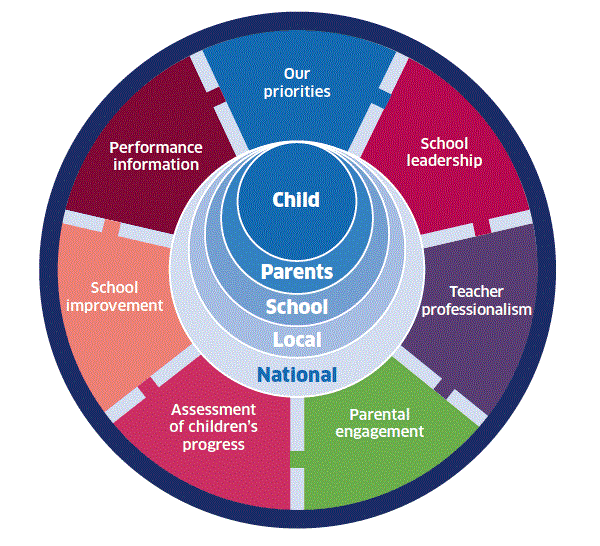
Yvonne McBlain attended the latest National Literacy Network meeting on the morning of 12th November 2018. The newly expanded literacy team were introduced as: Helen Fairlie and Paul Morgan – senior development officers, Lesley Lennon and Kirsten Hume, seconded education officers. The aims of the meeting are below with notes taken for your information (Click here to view the full presentation):
- Provide an update on the national picture and the work of the Education Scotland Literacy Team
- To introduce the First Minister’s Reading Challenge self-evaluation toolkit
- Heighten awareness of the key messages within “A National Strategy for School Libraries in Scotland 2018-2023 and “How good is our school library?”
- Create opportunities for networking and sharing of practice

Paul Morgan – QAMSO update:
- The national QAMSO training programme began in session 2016-17
- Purposes: to develop understanding of standards in literacy and numeracy; to develop understanding of the moderation process (click for information about the Moderation Cycle in NIH); to develop/ensure that assessment is integrated into holistic planning; to provide an additional forum for sharing of practice; to improve the rigour of the data about learning in literacy and numeracy which is available to practitioners and thereby support valid, reliable teacher judgements
- NIF – this work mainly relates to the Assessment of Children’s Progress, but links to other drivers, and ultimately to Building the Curriculum 5 which should still be regarded as a live and relevant reference document.
- Feedback from existing Quality Assurance and Moderation Support Officers was used to re-design the 2018-19 training of new QAMSOs as a one-year development programme. Initial training sessions take place this month for Numeracy, Reading, Writing and the newly included element of Talking and Listening. There will be a further 2 rounds of training this session and the whole programme covers: the teaching/learning/moderation process including high quality assessment; ensuring the quality and relevant of evidence; identifying achievement of a level.
- This review also inspired more effective linkage between 4th level and national qualifications. Training events have been arranged to enable QAMSO moderation between levels.
- QAMSO can now gain Professional Recognition by demonstrating that they have attended relevant meetings/training, collected moderated evidence and shared locally and/or nationally, planned/led regional moderation events, submitted a moderated portfolio of evidence and/or contributed to the Understanding Standards support bank. Click here to visit this developing SQA site where teachers can register to look at examples of NQ5, Higher and Advanced Higher studies.
- Senior leaders and assessment co-ordinators at school and local authority level should be working with QAMSOs to provide moderation events in their authority and/or via their Regional Collaborative.
- Existing QAMS officers evaluated their participation so far as extremely valuable
Paul closed his update with a reminder that the Benchmark documents for Literacy and Numeracy should be used as per the guidance received by every education colleague via the 2016 Education Statement from the Chief HMIE i.e. the experiences and outcomes should be used for planning of learning, and the benchmarks support our integration of relevant assessment, our evaluation and moderation of learning and ultimately contribute to teacher judgement regarding achievement of a level.

